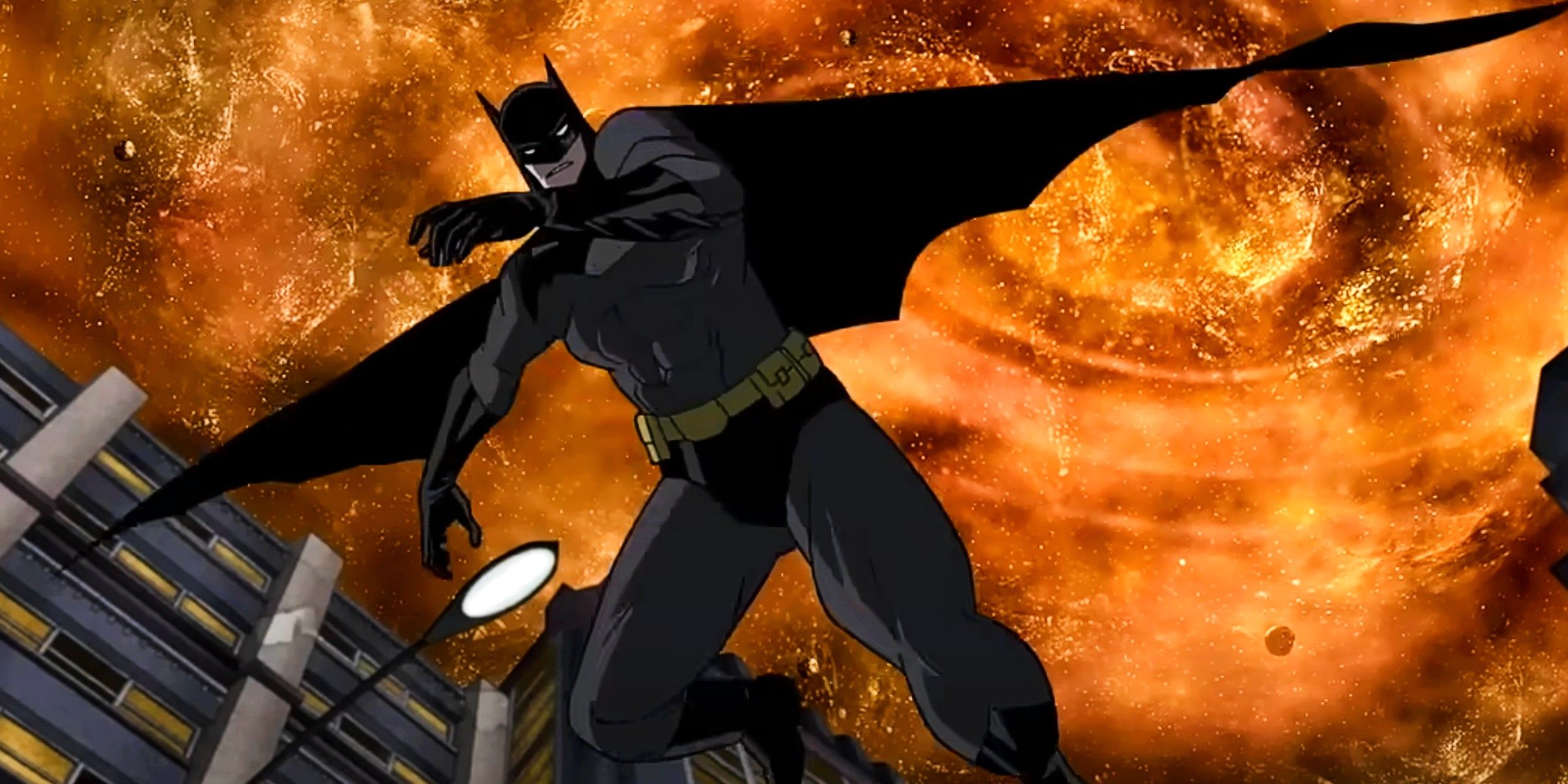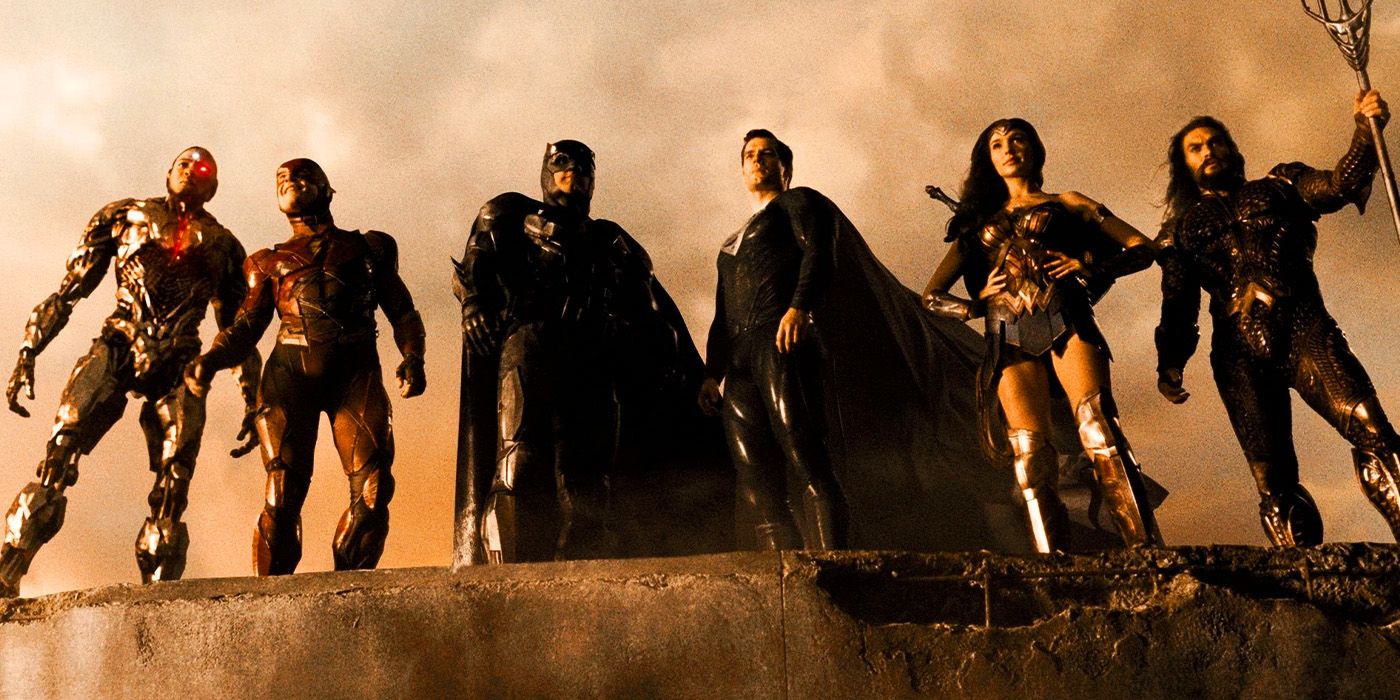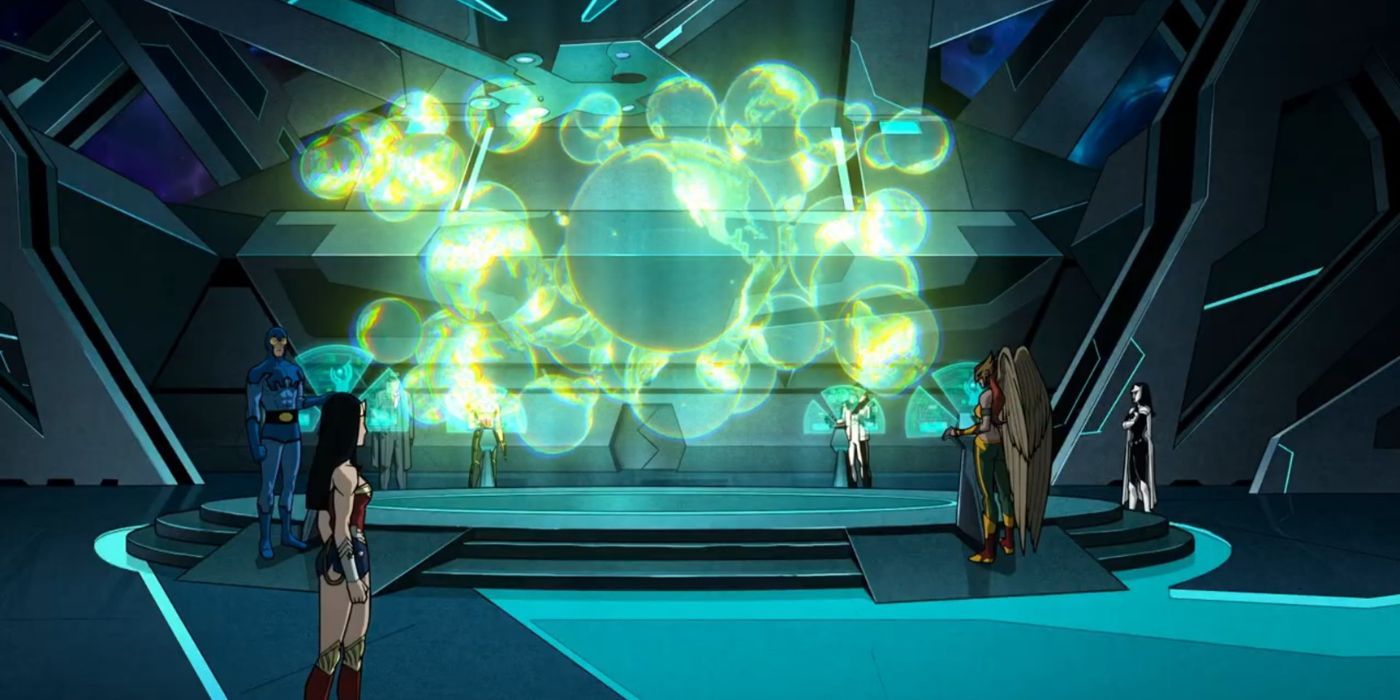
2024 Just Showed What The DCEU’s Original Ending Could Have Been Like
Summary
- The Tomorrowverse’s ending mirrors what was expected for the DCEU’s original reboot conclusion.
- The DCEU didn’t reboot due to the universe diverging from Snyder’s intial plans.
- Justice League: Crisis On Infinite Earths Part 3 ends Tomorrowverse better than the DCEU by providing a more conclusive and satisfying finale.
Justice League: Crisis On Infinite Earths – Part Three showcased what the unused original DCEU ending could have looked like for the live-action side of the franchise. The Tomorrowverse timeline concluded with DC’s Crisis On Infinite Earths storyline, providing another notable adaptation of the narrative following the Arrowverse previously using it to begin wrapping up its own cinematic universe.
This multiversal story and the way it is used to end the Tomorrowverse not only provide a look at another corner of DC’s on-screen delights, but also give an interesting perspective on what the DCEU’s own conclusion could have looked like, had the initial plans for it been followed. Since the DCEU timeline finished on something of an odd note – closing with Aquaman: The Lost Kingdom and no plot note to reference the franchise’s ending, or final nod to the decade-long cinematic universe that had been built – the Tomorrowverse’s parallels to this original ending are all the more noteworthy.
Related
Every Upcoming DC Movie In 2024 And Beyond
Here’s every new DC movie confirmed as in development by WB for 2024 and onwards, including release dates and where they belong in the franchise.
The Tomorrowverse’s Ending Looks Almost Exactly Like What Was Expected For The DCEU’s “Reboot” Conclusion
Zack Snyder’s canceled plans for the DCEU following his Justice League movie would have seen the franchise set up an in-universe story reason for its eventual reboot. Storyboard artist Jay Oliva revealed that The Flash would have originally been somewhat more of a central character in the series, with Professor Zoom tampering with the timeline to sabotage the hero, being revealed as a major DCEU villain and leading the franchise into the comic Flashpoint storyline that sees a reboot of the entire universe.
While Justice League: Crisis On Infinite Earths – Part Three adapts its own story namesake instead of Flashpoint, the movie approaches ending its universe in much the same way. After learning the multiverse will be destroyed if they don’t act, the film’s heroes resolve to merge the worlds into one in order to save existence as they know it, creating the Prime universe. In this way, the Tomorrowverse effectively sets up for a new animated world to take over, potentially setting the stage for the DC Universe itself also, since the DCU will incorporate canonical animated releases into the main timeline.
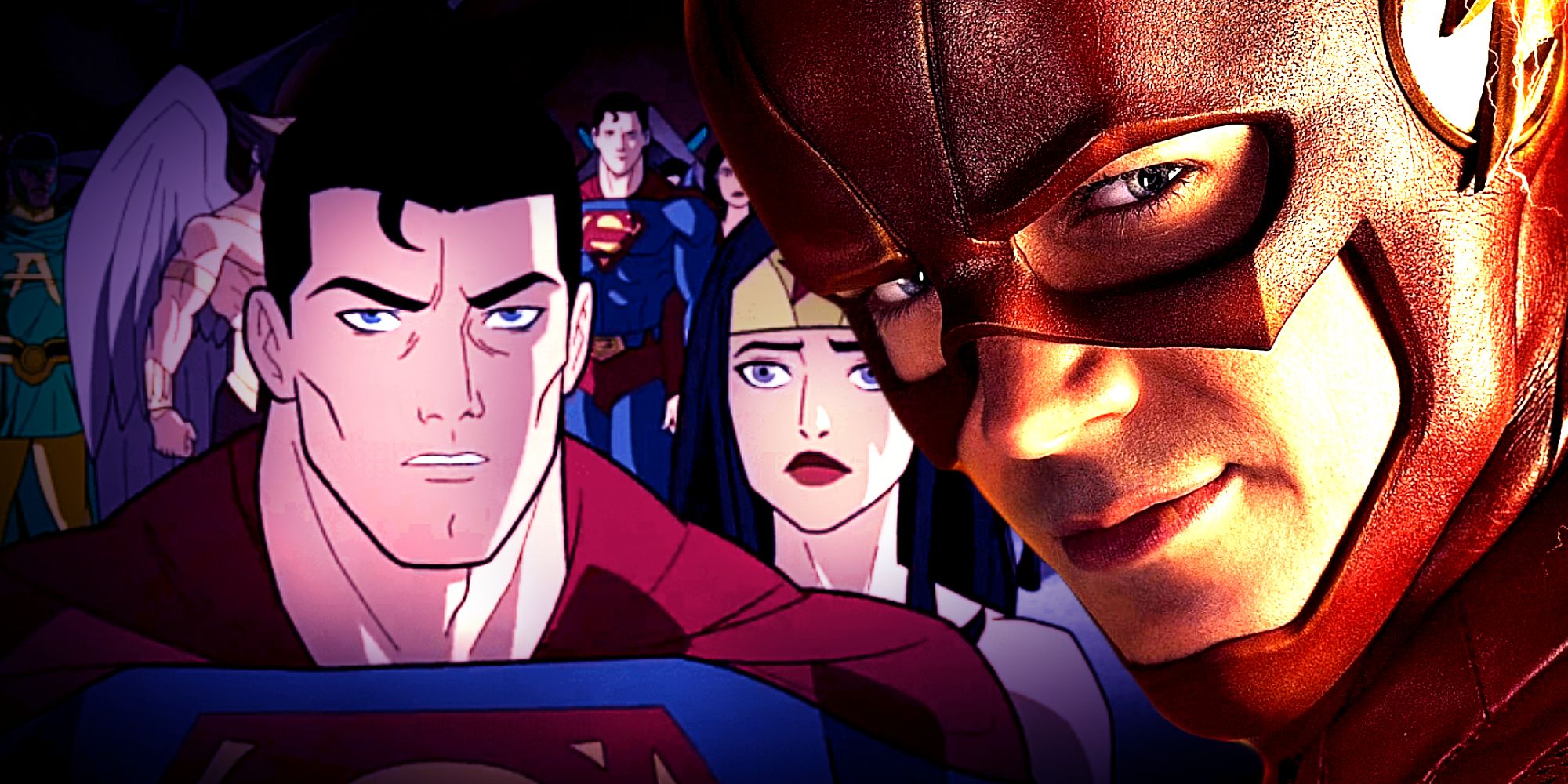
Related
Both Versions Of Justice League’s Crisis On Infinite Earths Compared: Which Is Better?
The live-action Arrowverse and the animated Tomorrowverse have very different takes on DC Comics’ 1985 Crisis on Infinite Earths crossover event.
Why The DCEU Didn’t Reboot In Story Into The DC Universe
Ultimately, the original plans for the DCEU and its story reboot would have only made sense if the franchise was following Zack Snyder’s initial framework for the series, which wasn’t the case following the readjustments made to the 2017 version of the Justice League movie. As such, it does make sense that the DCEU didn’t reboot in this manner, since the movies releasing would have needed to be almost entirely reworked in order to create a storyline that would have provided an in-universe reason for the reboot.
With the subject of the DCEU reboot itself being a divisive topic, addressing this in the story also risked making a movie the focal point of this division, and adding further fire to arguments about the topic. Instead, wrapping up what installments were in the works offered a different kind of resolution to the franchise – one that still left a lot of mysteries up in the air, but that also tried to give films like Aquaman: The Lost Kingdom space away from the DCEU’s complex real-world circumstances instead of forcing it to focus in on the matter even further.
Why Justice League: Crisis On Infinite Earths Part 3 Ended The Tomorrowverse Better Than The DCEU’s Ending
Justice League: Crisis On Infinite Earths – Part Three concluded a much shorter universe timeline, with the Tomorrowverse running for around four years versus the DCEU’s ten. This – combined with the series using a storyline that naturally spans the entire DC multiverse and has it reveal the fate of every universe within it – meant that the plot could more naturally provide a conclusion to the overall world audiences fell in love with, since every character’s ending was decided by it, whether they were directly shown or not.
On the other side of things, the DCEU left the franchise with a huge number of questions, and with many of the most popular character’s fates relatively unknown. This is doubly true given The Flash saw a timeline change that replaced Ben Affleck’s Batman with George Clooney, and thus potentially also saw other major heroes replaced as well. As such, the DCEU ended on an awkward note that Justice League: Crisis On Infinite Earths – Part Three managed to avoid, and which future movie and show universes will hopefully be able to navigate better by looking at their examples.
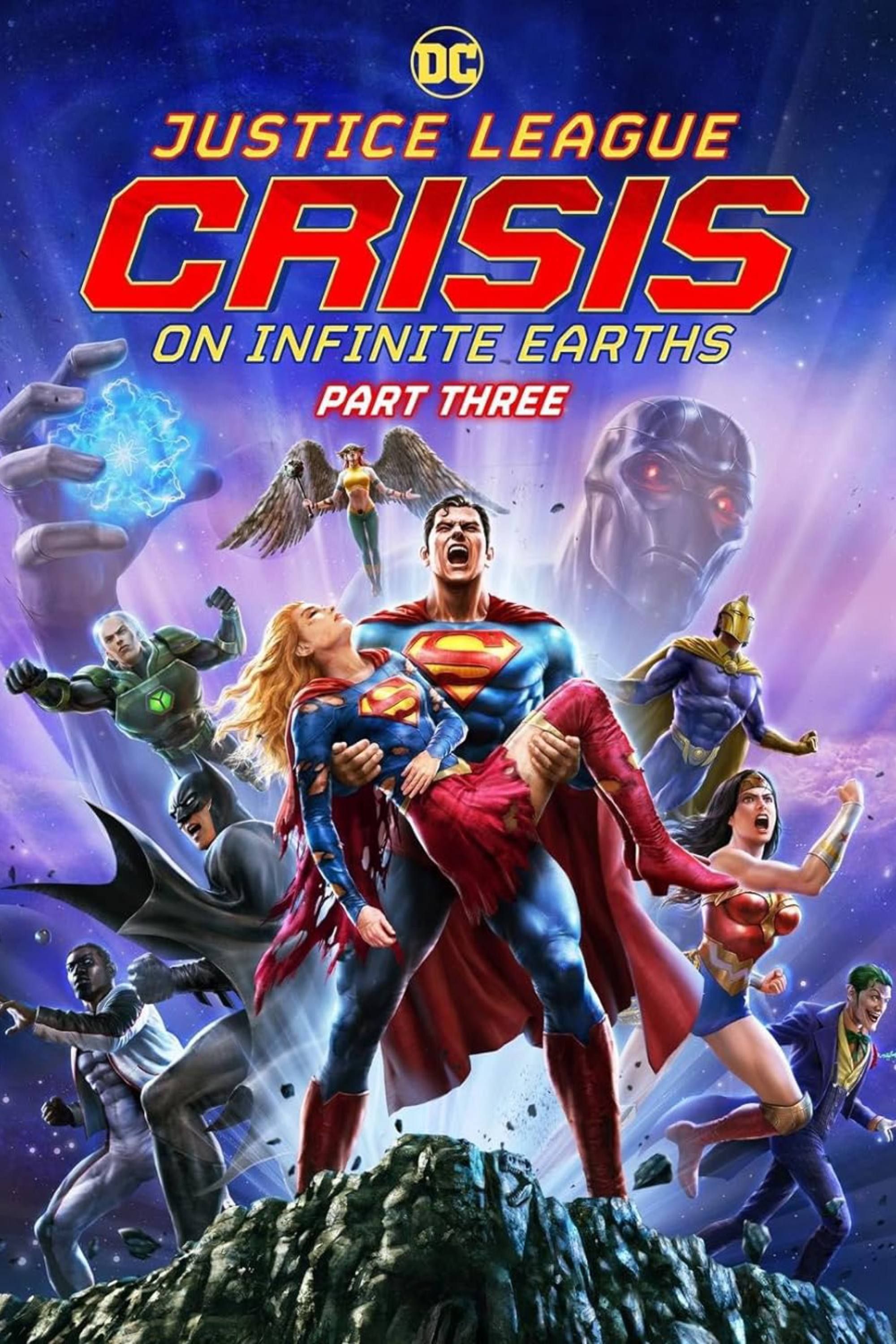
Justice League: Crisis on Infinite Earths – Part Three
Now fully revealed as the ultimate threat to existence, the Anti-Monitor wages an unrelenting attack on the surviving Earths that struggle for survival in a pocket universe. One by one, these worlds and all their inhabitants are vaporized! On the planets that remain, even time itself is shattered, and heroes from the past join the Justice League and their rag-tag allies against the epitome of evil. But as they make their last stand, will the sacrifice of the superheroes be enough to save us all?
- Director
- Jeff Wamester
- Release Date
- July 16, 2024
- Cast
- Corey Stoll , Brian Bloom , Elysia Rotaru , Armen Taylor , Cynthia Kaye McWilliams , Dean Winters , jason spisak , Ashly Burch

